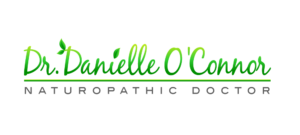Did your child receive a recent ASD diagnosis? You have them on waitlists for a number of therapies, or perhaps have even started a few, but have you started supporting their needs through their health? Most likely not, as many believe that ASD is a behavioural concern and not a medical one. Studies show that children with autism have many similar health concerns including digestive health and sleep concerns, but they are often not being addressed.
Biomedical treatments for autism are interventions that aim to address underlying medical conditions that may be contributing to autism symptoms. These treatments are based on the idea that certain medical conditions, such as gastrointestinal issues, inflammation, and immune system dysfunction, may play a role in the development and severity of autism. Biomedical treatments may include medications, dietary interventions, and supplements.
Treatments such as omega-3 fatty acids, melatonin, probiotics, and specific dietary interventions like gluten free and dairy free diets, may have some benefit in certain individuals with autism. Areas that benefits are seen include: eye contact, speech, understanding and cognition, stemming and behaviour.
It is important to note that biomedical treatments should be used in conjunction with other evidence-based interventions, such as behavior therapy and educational interventions, to address the full range of symptoms and needs of individuals with autism.
Biomedical treatment plans need to be tailored to the needs of the individual, and can include dietary interventions, supplements including B12 injections, and chelation therapy based on the person’s history and test results.
Dr. Danielle has specific training through the ‘Medical Academy of Pediatric Special Needs’ for supporting people with ASD using biomedical treatment.





